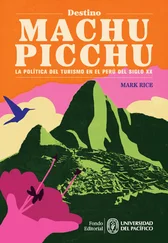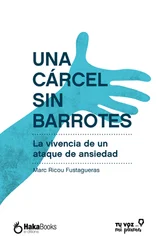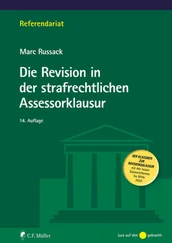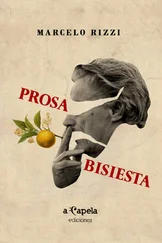A PRISON WITH
NO BARS
How an anxiety attack
was experienced
Marc Ricou Fustagueras


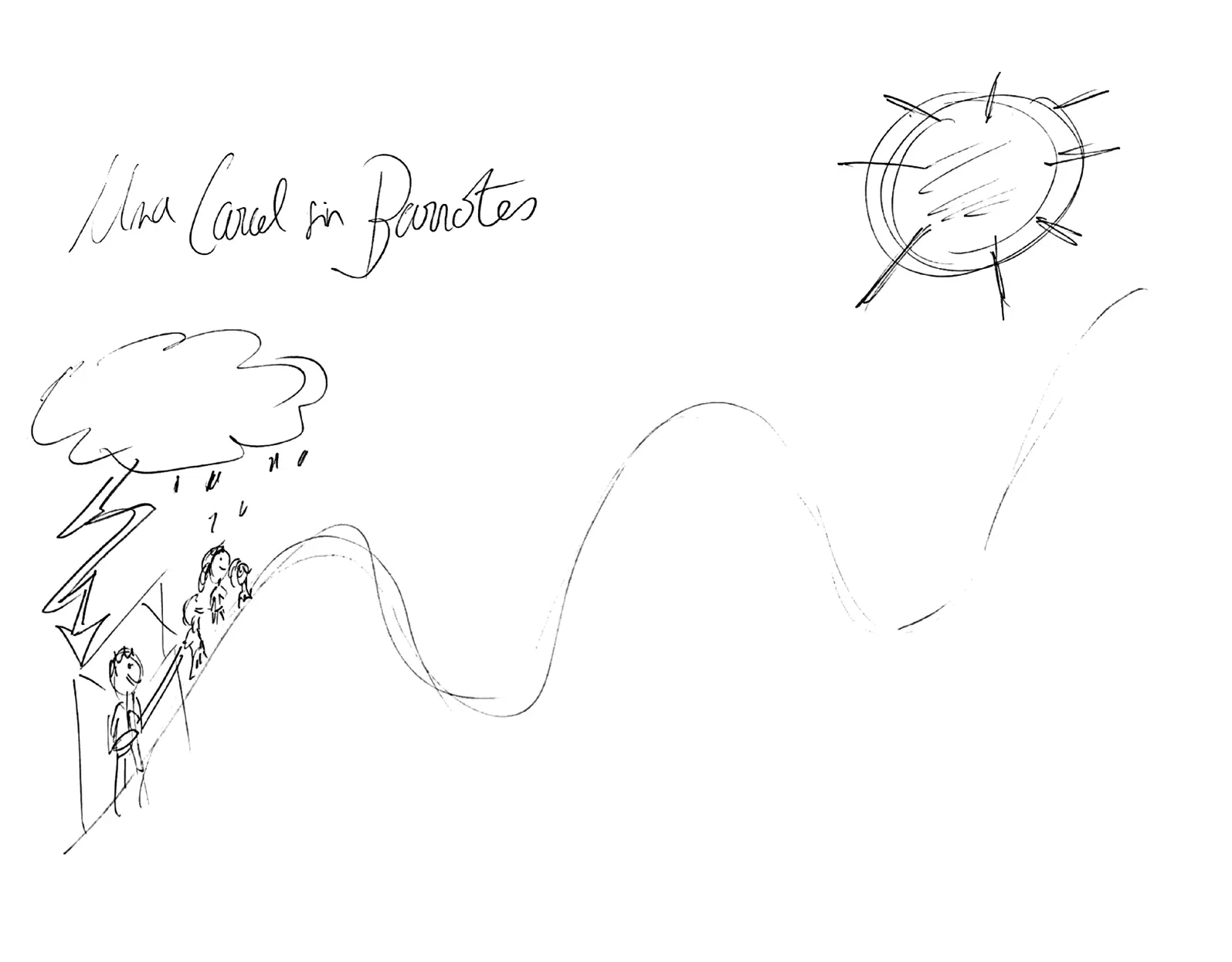

TITLE: A prison with no bars.
How an anxiety attack was experienced.
ORIGINAL TITLE: Una cárcel sin barrotes.
La vivencia de un ataque de ansiedad.
AUTHOR: Marc Ricou Fustagueras ©, 2021
DESIGN AND LAYOUT: Enclave Gráfica©
ILLUSTRATIONS: Rubén G. Castro©
PICTURES: By Sandra & Marc’s kids:
Eric Ricou (when he was 8) and Ian Ricou (when he was 4)©
 LINGUISTIC ADVICE: Eva Ramírez Miras - Tu voz en mi pluma
LINGUISTIC ADVICE: Eva Ramírez Miras - Tu voz en mi pluma
1st EDITION: September 2021
ISBN: 978-84-18575-73-0
HAKABOOKS
08204 Sabadell - Barcelona
 +34 680 457 788
+34 680 457 788
 www.hakabooks.com
www.hakabooks.com
 editor@hakabooks.com
editor@hakabooks.com
 Hakabooks
Hakabooks
The total or partial reproduction of this work by any means or procedure, whether electronic or mechanical, computer processing, rental or any form of assignment of the work without the written permission of the copyright holders.
All rights reserved..
To the Reader,
This book explains the way an anxiety attack was felt and first-hand experienced by the members of a family.
It is an experience narrated in the same exact way it was lived. It is pure truth and reality.
Our purpose is to help those who, without knowing it, are locked up in a prison with no bars. We also aim to help these prisoners’ fellow travelers who cannot understand the reason why some things are happening.
We hope you like the story.
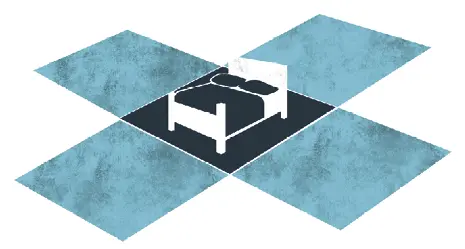
Marc fell into bed, crying and unable to move.
How could he get to that point?
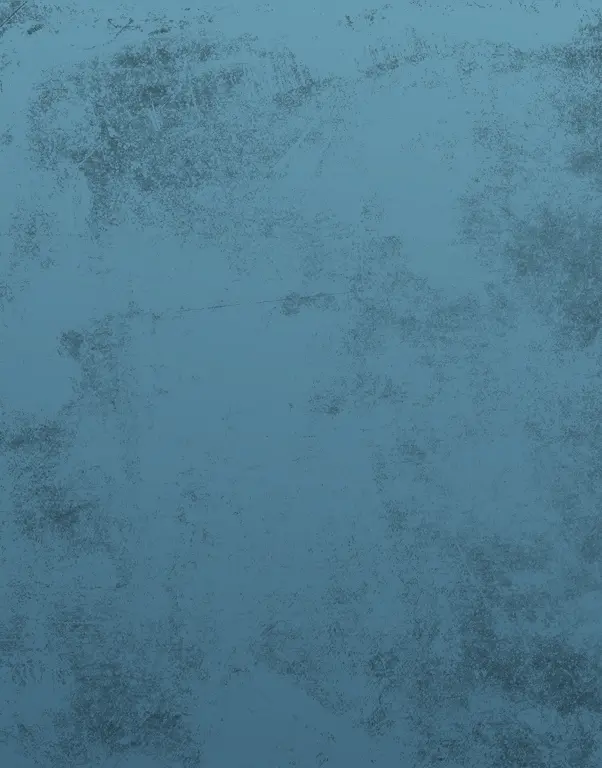

Vital phases
01. Success
02. It darkens
03. The soul and the body
04. Healing souls
05. The training
06. The light returns
07. The liberation
08. The final training
09. The return
10. Tools
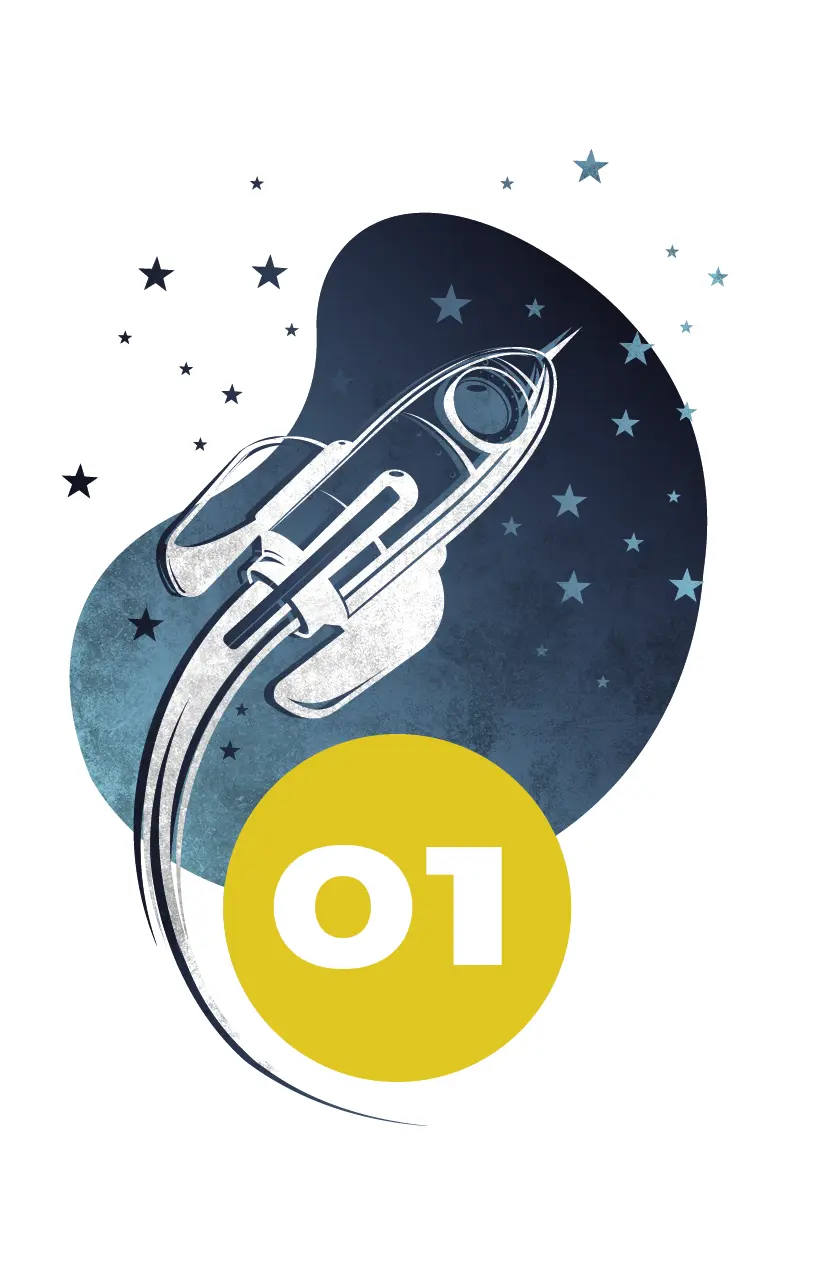
Success
Marc began to work as part of the administrative staff in what, at the moment, was a large family business. He had made every effort to work in a position where he could learn day after day. He enjoyed his work and, thanks to the different managers he had worked with in the company, he was continuously growing as a professional in every single project he undertook. Not long after, it was time for him to lead teams and it allowed him to discover that he could promote the growth of people while growing with them. This way he felt fulfilled and happy.
One morning five years ago, he was appointed as the Acting Head of the entire Iberian Peninsula. Succeeding with one of the greatest companies of the peninsula, the largest in its area, was one of his dreams. What made him even happier was that the team would be bigger and he would be able to freely organize and establish all aspects of the strategy. He always did it his own way, by meeting his people, caring for them and creating relationships that went beyond a simple boss-employee one.
Along with his professional development and success, he had been able to raise a beautiful family. He met Sandra, his wife, when they were both 18 years old, and it had been more than twenty years since that day. She was a pillar for him. They had created a perfect association that made clear what they were thinking at all times. This allowed them to know when one of them needed more help to move forward. That symbiosis was improving with the family growing. The arrival of the children was something exceptional. The mixture of love, responsibility and ignorance was something he was crazy about, and it allowed him to develop all his creative side to grow with little Eric and Ian.
Dealing with people had always been a vital issue. He needed his peers, his teams, his bosses. There were some situations that went beyond work: someone on his team having an ill child, a school celebration, a graduation, English classes, the need to accompany a parent to the doctor. He was involved in every single issue he felt concerned about in his own personal life, he always got himself in others’ shoes. One of his life mottos was: “Do as you would be done by, treat others the same way you would like to be treated, and do not wish for others what you do not wish for yourself.”
This attitude kept achievements coming. As in all teams, there were difficulties to resolve. Since he always promoted dialogue, even if it was uncomfortable, he made time to listen to everybody’s proposals, complaints, improvements, etcetera. Although sometimes that meant investing more time than necessary, these hours were important for reaching goals and for the team’s well-being.
Frequently, he was also open to solving problems in other departments. Improving the overall performance of the company was crucial. Consequently, he solved problems that he thought were critical in any other area and he even prioritized them before his own objectives, what made him feel proud. He believed people were divided into two groups, those who help and those who do not. The first ones always add, the second ones just take away. His vision was always transversal and global, he cared for the consumer, the factory, and the employees. He helped when, on Friday, no matter the reason, one of his own was left without connection at the airport. Every one of these problems were listed and written on his calendar as a priority.
He had learned this in his professional stage in Algeria. The need to play all instruments in the orchestra became visible in that project. Titles and names on the business cards were left aside, leadership had to be earned and demonstrated in every single action and decision. This attitude went from helping to unload a truck in the warehouse to supporting during a breakdown in the factory or helping a client with a start-up.
This transversality was key for him to know the entire business chain. Sitting in an office while watching how things happened to eventually report them with a PowerPoint presentation was not viable, since he wanted to be true and real. It was not an option to transmit a culture of effort, of business knowledge, of a full understanding about what happens in all areas, without acquiring hands-on experience. This is how, when someone went to him with an issue to solve, he was able to perfectly understand what it cost in time and effort. Likewise, when he asked for something, people knew he was doing it from a position of experience, knowledge and awareness. Hence, he was always clear about how problems, projects and bottlenecks in the process had to be felt and lived in order to truly understand them.
Читать дальше
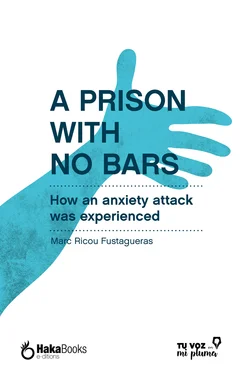




 LINGUISTIC ADVICE: Eva Ramírez Miras - Tu voz en mi pluma
LINGUISTIC ADVICE: Eva Ramírez Miras - Tu voz en mi pluma +34 680 457 788
+34 680 457 788 www.hakabooks.com
www.hakabooks.com editor@hakabooks.com
editor@hakabooks.com Hakabooks
Hakabooks








